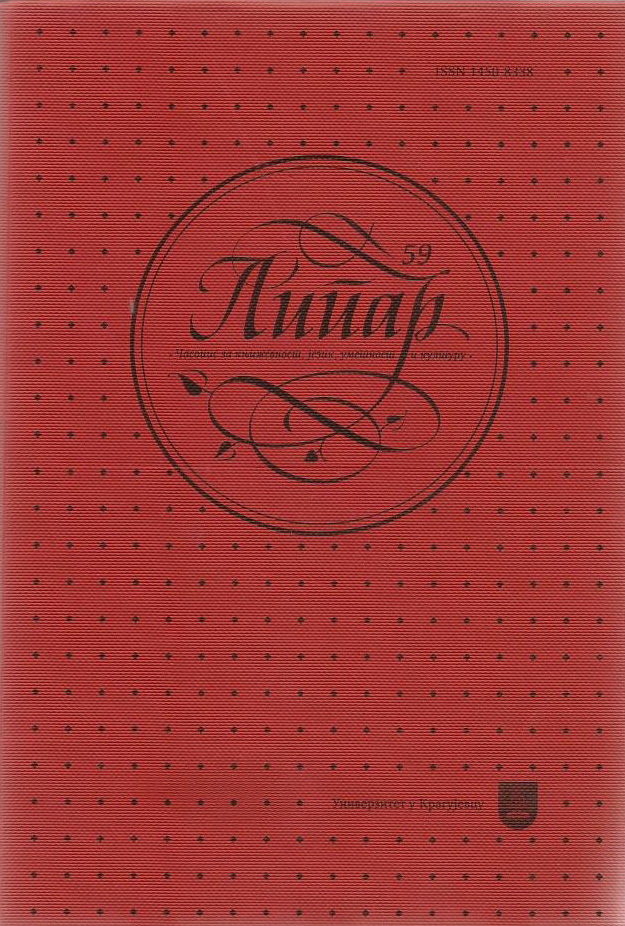ЕРНЕСТО КАРДЕНАЛ: ПОЕЗИЈА, ХРИШЋАНСТВО, РЕВОЛУЦИЈА
ERNESTO CARDENAL: POETRY, CHRISTIANITY, REVOLUTION
Author(s): Krinka Vidaković-PetrovSubject(s): Language and Literature Studies, Studies of Literature, Comparative Study of Literature, Other Language Literature, Philology
Published by: Универзитет у Крагујевцу
Keywords: Ernesto Cardenal; Latin American poetry; theology of liberation; poetry and ideology; poetry and religion; externalism in modern poetry; Christianity and revolution; Cuba
Summary/Abstract: The poetry of Ernesto Cardenal hinges on two basic concepts: Christianity (its theological, literary and culturological tradition) and revolution (social justice, equality, change). Cardenal’s early collection of poems, Epigrams, is focused on the reality of Somosa’s Nicaragua. It includes two types of poems: the first type can be described as a lyrical eulogy to personal integrity, resistance and sacrifice, while the second type uses irony as a vehicle of criticism and subversion. The poems of Gethsemany, KI are focused on a different reality, the overwhelming pressure of modern, especially US, consumer society and alienation, contrasted with marginalized Christian spirituality. Here Cardenal introduces intertextuality (in this case with Biblical texts), a technique he will use in many of his poems written later. Cardenal’s interpretation of concepts generated in the early (primitive) Christian tradition coupled with his need to not only understand, but also change Latin American reality marks a shift towards Marxist ideology and political activism. In this context it is interesting to note that original Marxism had a very negative view of religion (including Christianity), but that later interpretations of Marxism as a Messianic ideology had the effect of reintroducing Christian imagery into the poetry of revolutionary writers, and that Cardenal’s poetry not only connects with the latter tradition, but takes it several steps further, placing modern Latin American letfist poetry in the context of Western literature using Biblical themes, characters, motifs and imagery. The comparison of a poem from Byron’s Hebrew Melodies with a poem from Cardenals Psalms shows how two poetic texts, both based on ”Psalm 137“, use intertextuality in diverging ways, highlighting the difference between romantic and modern poetry. It is also interesting Lipar / Journal for Literature, Language, Art and Culture / Year XVII / Volume 59 Ернесто Карденал: поезија, хришћанство, револуција 55 to note that Cardenal’s poetic orientation centered on the concept of ”exteriorismo“ was strongly influenced by Ezra Pound’s poetics. However, Cardenal connects the poetics of ”exteriorismo“ with the theology of liberation, a specific Latin American view of the role of Christianity in the struggle for universal values such as human integrity, freedom and social justice. The final section of the article considers the theology of liberation in view of the divergence of utopia and reality. It also comments on Cardenal’s views expressed in his book In Cuba, especially those dealing with the problematic relationship between revolution and religion.
Journal: Липар - часопис за књижевност, језик, уметност и културу
- Issue Year: XVII/2016
- Issue No: 59
- Page Range: 37-55
- Page Count: 19
- Language: Serbian

